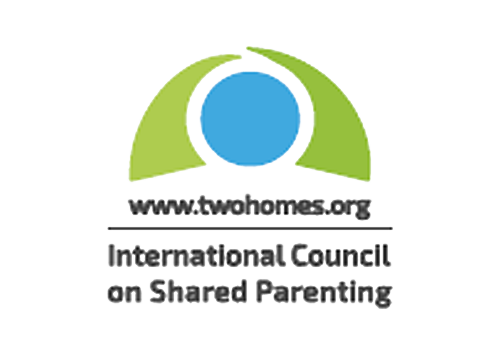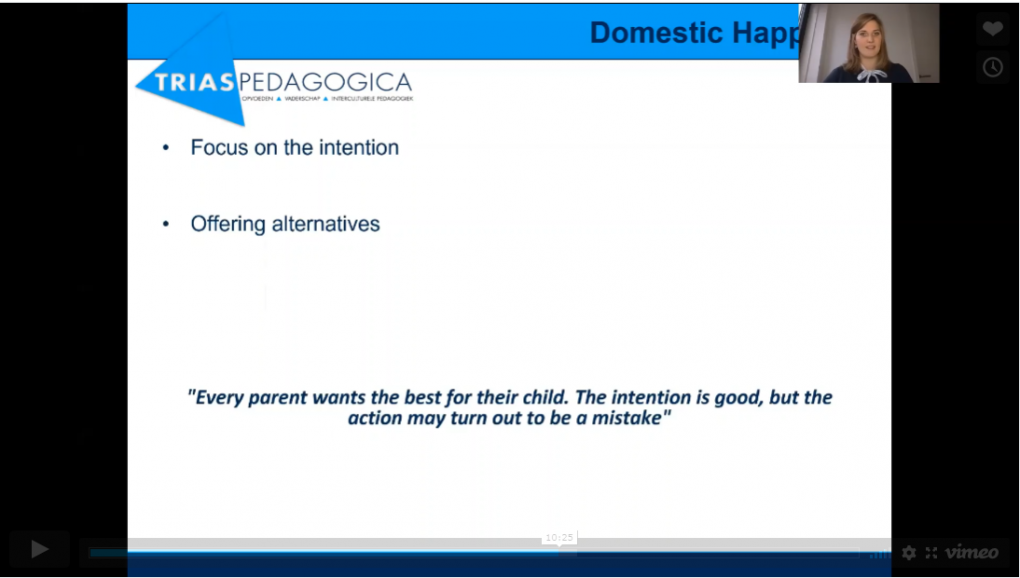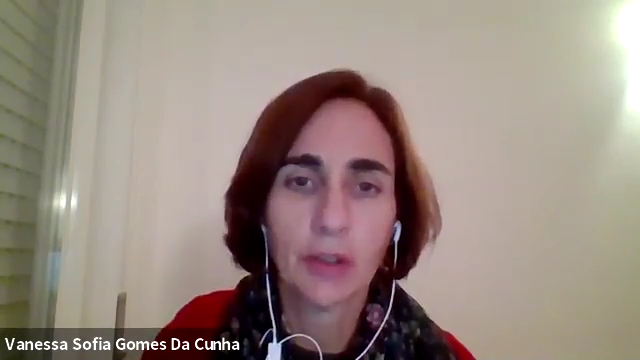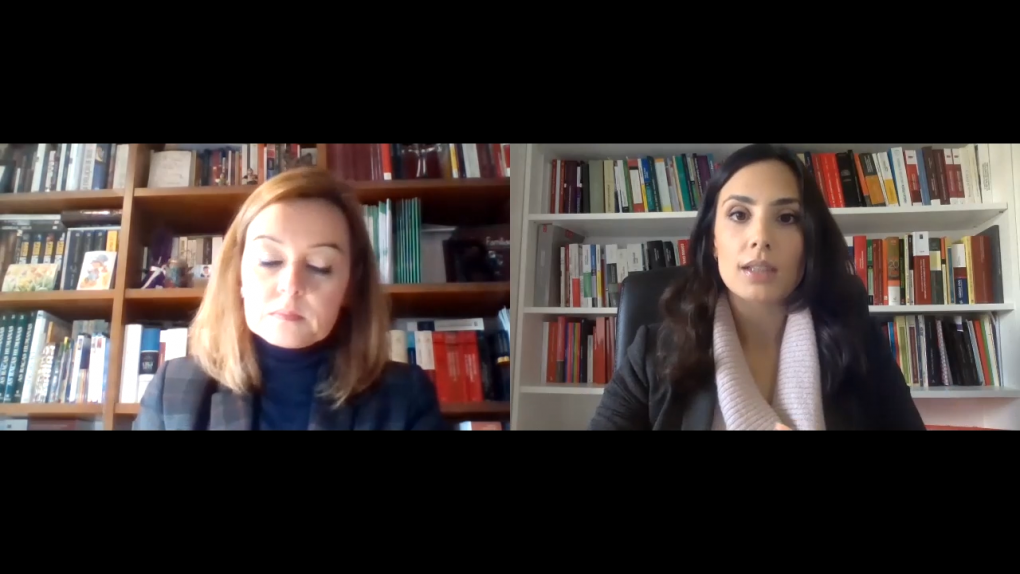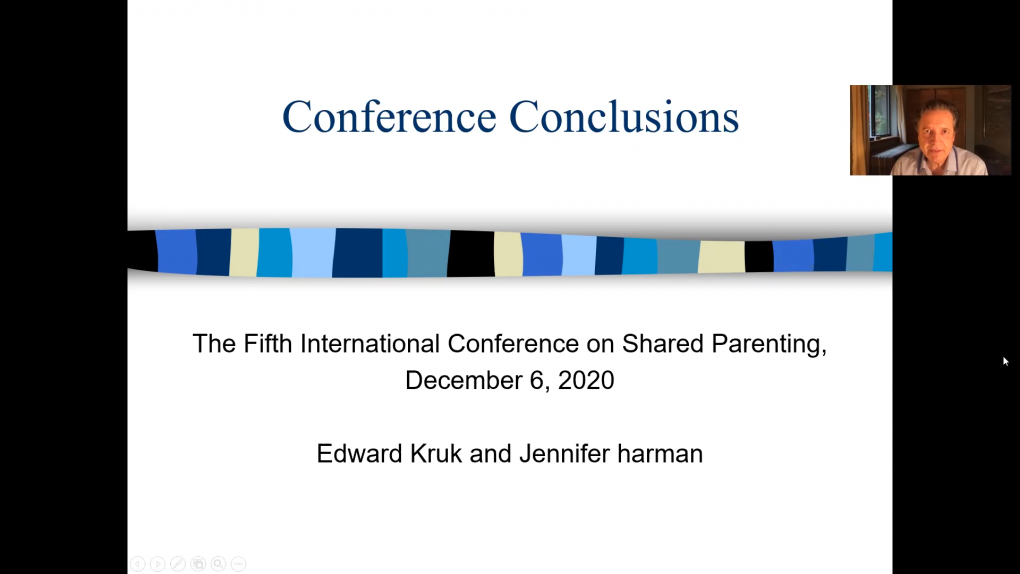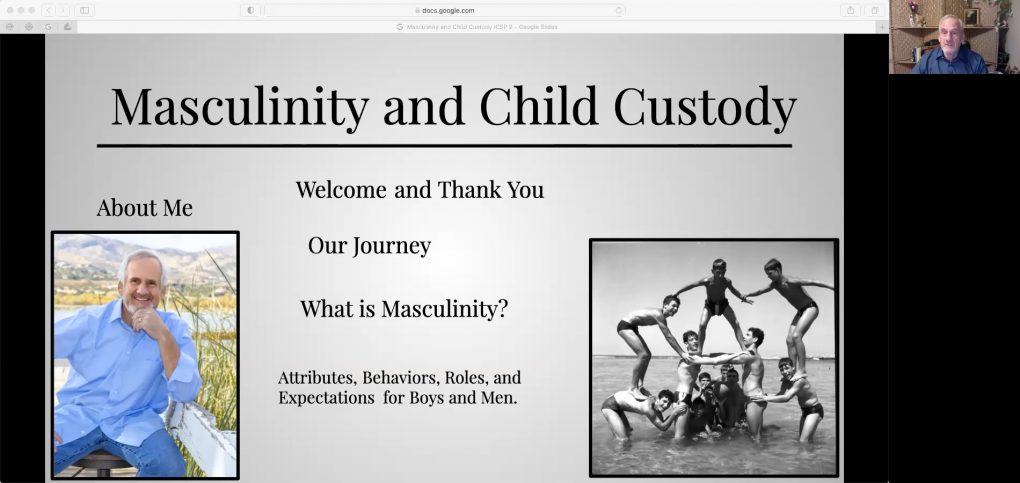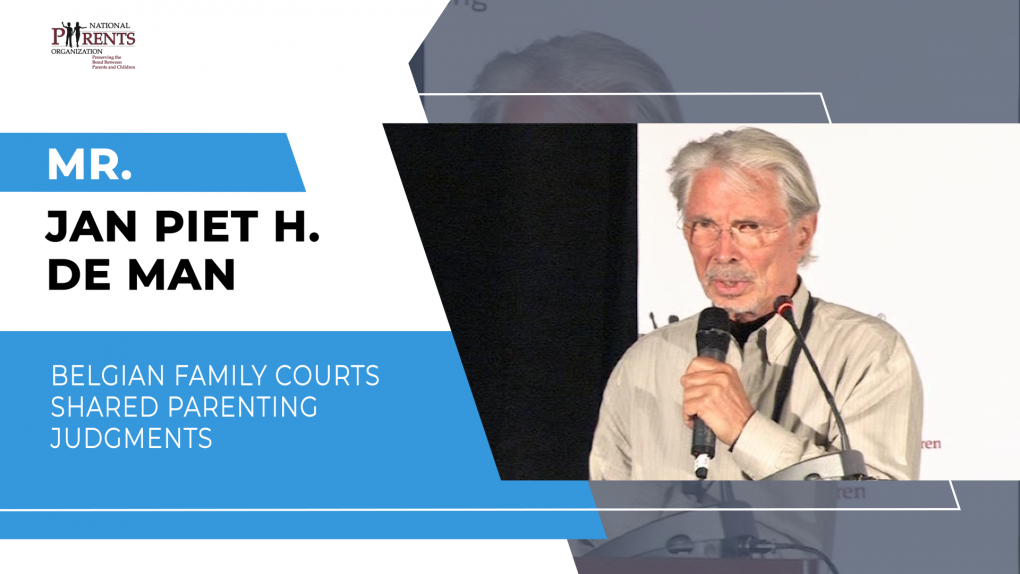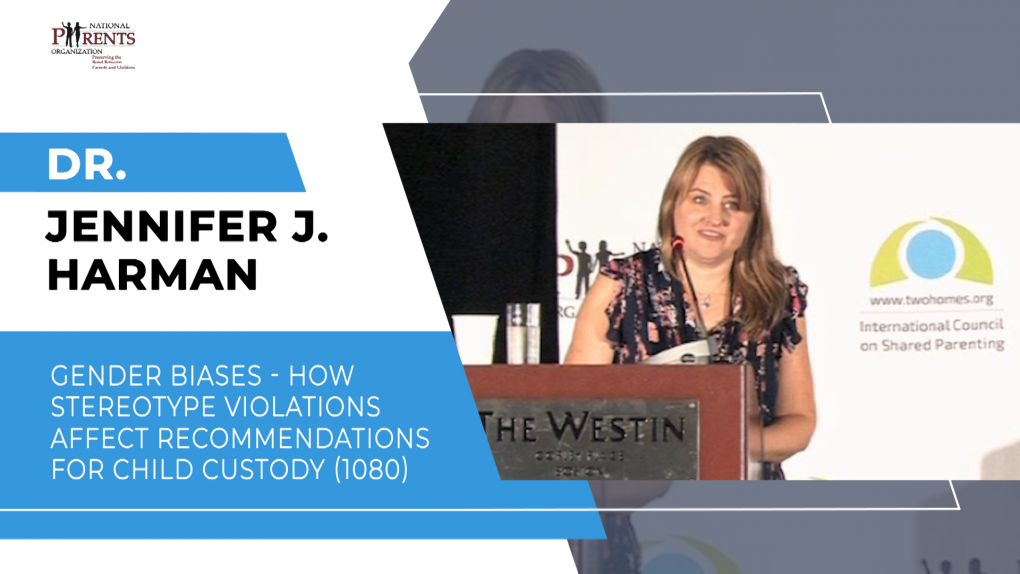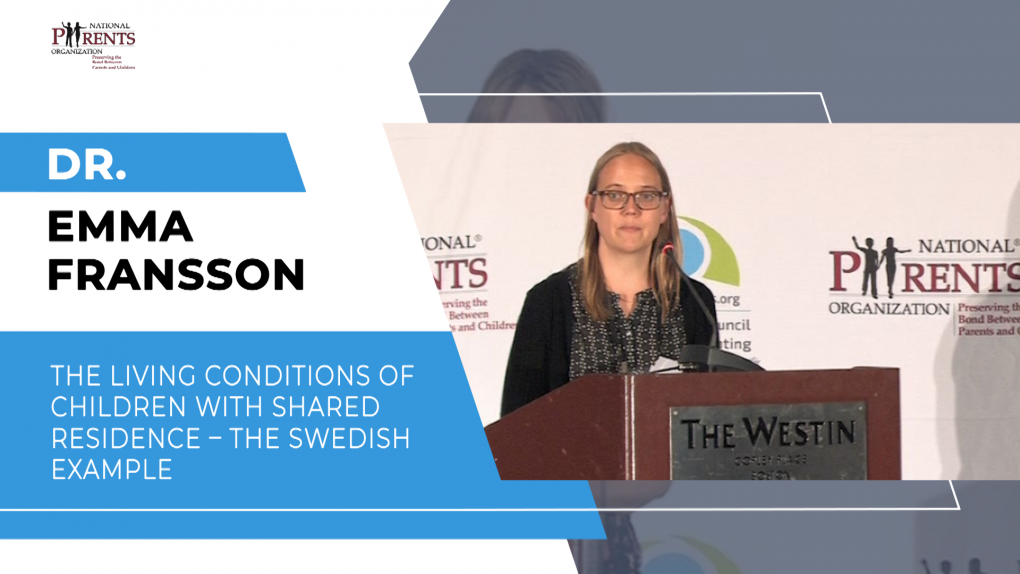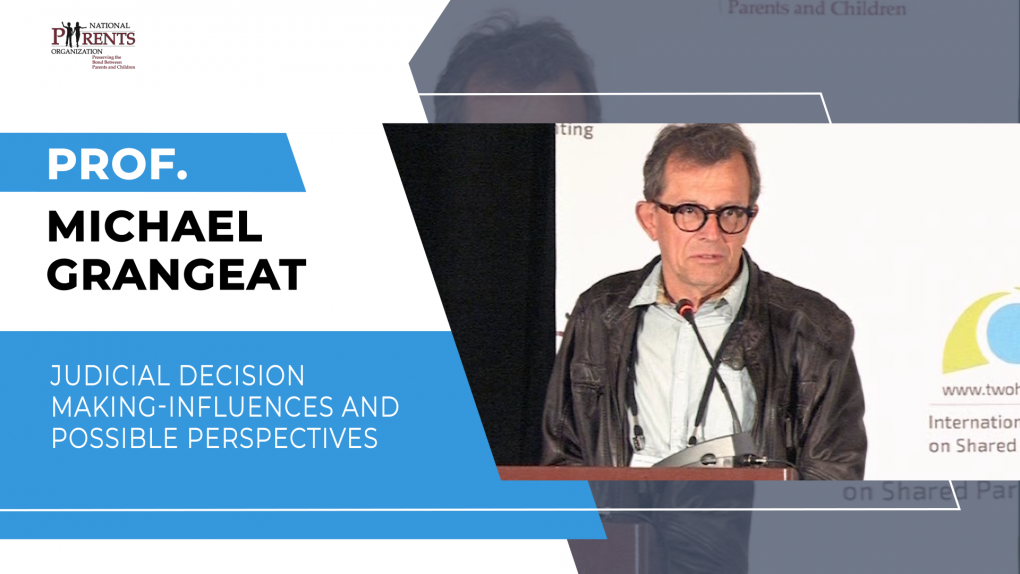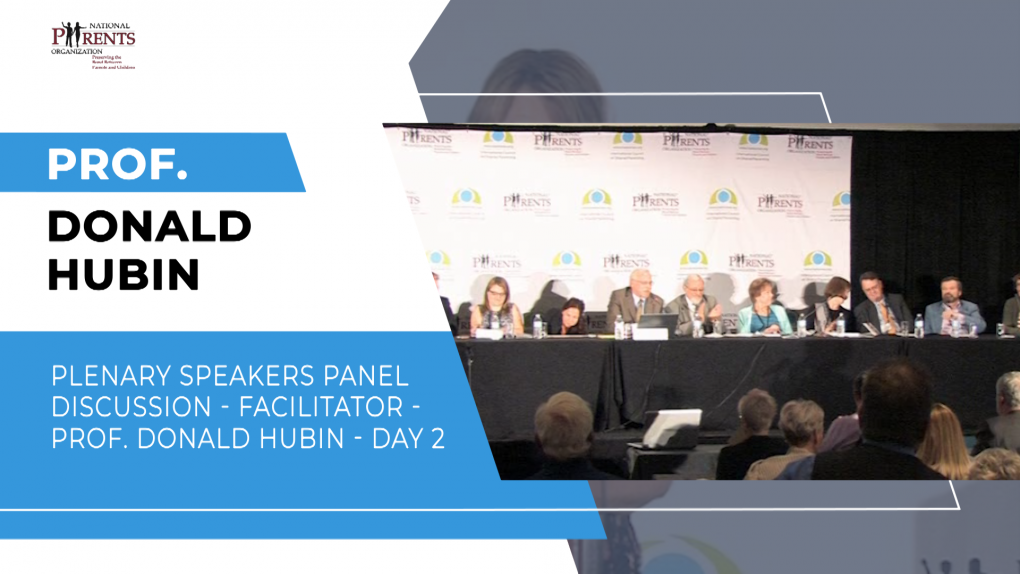Educational Debates with Fathers about Domestic Happiness: A Successful Method in the Prevention of Domestic Violence in the Netherlands
Men Locked in Traditional Gender Roles and Identities: Identifying the Obstacles for the Promotion of Caring Masculinities
Since the beginning of 2000s, reports and research have recognized the thrive of caring masculinities, closely linked to changes in the way men perceive, experience and display their role as affectionate and hands-on fathers. This literature has also highlighted the impact of the reshape of male identities and practices, underpinned by a commitment to caring responsibilities, at different levels: individual, by increasing the wellbeing of children, women and men themselves; familiar, by improving work-life balance and the sharing of responsibilities in the household; and societal, by reducing the social and human costs of the harmful facets of traditional masculinities. This cultural transformation, taking place in many parts of the world, is grounded in social attitudes increasingly favourable to gender equality in the public and the private spheres, specially cherished by young men and women that understand both spheres as fundamental for their self-fulfilment. But it is also being supported by public policies and their legal frameworks under the assumption that “men need gender equality and gender equality needs men” (Scambor et al. 2014), i.e., that men are crucial allies for the development of societies with greater and more inclusive levels of gender equality; and with all-encompassing benefits, including the reduction of the visible costs that women (and the less visible ones that men) have been paying under a gendered, male-dominated world. This paradigmatic shift is being addressed in a new age of parental leave policies, by explicitly encouraging men to share family responsibilities through their involvement in primary and autonomous caregiving. This public recognition of the caring role of fathers – their right as much as their duty to care for their children – is in line with former measures that have been targeting women’s participation in the labour market, including the legal protection of working mothers, so they could overtake the prejudice of maternity and fulfil themselves in the public sphere. Dual-earner/dual-carer couples, full-time working mothers, caring and hands-on fathers are ultimate achievements of this social progress. The legislation on shared parenting after divorce/separation should be understood in the realm of this paradigmatic shift towards public policies committed to gender equality and the sharing of family responsibilities among men and women. However, it is taking place an extensive debate, among several social actors, on its pros and cons, with family violence (implicitly understood as the violence of and adult male over his female partner and/or children) taking the centre stage and bringing the debate into a difficult crossroads. This state of affairs is obviously linked to the social visibility of the costs of harmful facets masculinities. However, sustaining the status quo has several costs as well: maintains the gender bias and gender divide in societies, locking men and women in traditional gender roles and identities; diminishes the potential of the changes that have already taken place in family life, wherein caring masculinities plays a crucial role; hinders the deepening of the pathway towards gender equality in societies, which requires men (as much as women) and their ability to defy hegemonic masculinities. Against the backdrop of Portuguese society, and drawing on results and conclusions of a White Paper on men and gender equality, but also on qualitative research, this presentation intends to contribute for the wider debate proposed by the ICSP-Conference, by bringing an insight on the obstacles that societies still pose to the thrive of caring masculinities, namely in family life.
The Role of Family Mediation in Parental Conflict: Cautions in the Contexts of Family Violence
Family mediation should be used as an alternative method of resolving disputes of a privileged nature in the area of family conflicts. These are endowed with emotional characteristics that make them more suitable to another context than the judicial forum, especially parental struggles. And, at the same time, they are of a human complexity that require a different analysis in the context of mediation. Not all family and/or parental conflicts will be susceptible to mediation, and the courts will maintain all its relevance. However, the advantages of a self-composition method are increasingly visible, in the search for a solution that responds to the interests and desires of those who, in the past, shared another dynamic, in an experience of proximity and intimacy. And, at the same time, need to continue to bond as co-parents. It is important to reiterate the idea that family mediation is not a perfect formula that will resolve all family disputes. It is a better place to address and settle some of these conflicts taking into consideration that the will of the parties works as a proposition. Naturally, the need for the judicial system in family matters is not at all overlooked or ignored. It is emphasized that for some of these conflicts there is a more appropriate alternative. If the disputants reach by themselves an agreement, it is only natural that they comply with it. As a result, although it is a friendly solution, it will be more binding than a decision imposed by a third party with the power to do so. Nevertheless, it is questionable whether a couple that went through episodes of violence could be eligible for family mediation. Can one feel completely free to expose his/her thoughts when there were episodes of physical and/or psychological violence in the relationship? At the same time, some argue that mediation can mend some fences and help restore self-confidence using different techniques such as empowerment. There is some obvious ambiguity in this matter. It is important to identify which are the arguments used in this divergence and what national and international guidelines and legal framework – such as Istanbul Convention – postulate on this matter. Keywords: family mediation, domestic violence, family conflicts, alternative dispute resolution, shared parenting, parental responsibilities [1] Visiting Assistant Professor of the School of Law, University of Minho; Researcher of JusGov – Research Centre for Justice and Governance. [2] Associate Professor of the School of Law, University of Minho; Researcher of JusGov – Research Centre for Justice and Governance.
Rossana Cruz, PhD
Rossana Cruz
Phd in Law; Visiting Assistant Professor – Law School of University of Minho (PORTUGAL) and School of Management, IPCA (PORTUGAL); Researcher at JusGov- Research Centre.
(Co-Presenter Cristina Dias)
Cristina Dias, PhD
Phd in Law; Associate Professor and Dean – Law School of University of Minho (PORTUGAL); Director of the Master Course on Child, Family and Inheritance Law on Law School of University of Minho; Researcher at JusGov- Research Centre.
(Co-Presenter is Rossana Cruz)
Conference Conclusions ICSP 2020
Edward Kruk, PhD Dr. Edward Kruk is Associate Professor in the School of Social Work at the University of British Columbia, President of the International Council on Shared Parenting, and Co-chair of the Scientific Committee of the Fifth International Conference on Shared Parenting. His research and teaching are focused on child and family policy and practice, and he has published …
Masculinity and Child Custody
The presentation will be an interactive experience where participants learn the definitions of Toxic Masculinity, Multi-Masculinities, Male Gender Role Strain, Male Gender Role Conflict and Male Gender Sensitive Intervention.
Ron Columbo has worked in various clinical settings with diverse populations for over thirty years. He started his journey to understanding Masculinity in 1980 by participating in a one year intensive of feminist philosophy. He has a Bachelor of Arts Degree in Philosophy from Stony Brook University, New York and a Master’s Degree in Clinical Social Work from Barry University, Miami. He is licensed as a Clinical Social Worker in Florida and in California. In the 1990’s he was a Florida CEU provider training professional audiences, including a Florida NASW State Convention regarding the Male Socialization Dysfunction. He resides in Lancaster, California and is employed as a Child Custody Mediator/Evaluator. He has a private clinical practice based on Ericksonian psychotherapy and can be contacted at [email protected].
Belgian Family Courts shared parenting judgments
Mr. Jan Piet H. de Man
European Institute for the Best Interests of the
Child, Belgium
Abstract: Belgian Family Courts Shared
Parenting Judgments
Gender biases: How stereotype violations affect recommendations for child custody
Decisions about child custody in family courts are largely discretionary, even in jurisdictions where shared parenting laws have been passed. Researchers have long documented how gender stereotypes affect child custody assignment, and both mothers and fathers have argued that they have faced discrimination in family court (e.g., Warshak, 1996)
The living conditions of children with shared residence – the Swedish example
Among children with separated parents, shared residence – i.e., joint physical custody where the child is sharing his or her time equally between two custodial parents’ homes – is increasing in many Western countries and is particularly common in Sweden.
Judicial decision making: influences and possible perspectives
Numerous research results demonstrated that judicial decision making is deeply influenced by factors that are exogenous with regard of the judged case. A seminal study by Englich, Mussweiler and Strack (2006) shown that judges’ decisions are influenced by external factors.
Plenary Session – Plenary Speakers Panel Discussion Day 2
Facilitator: Prof. Donald Hubin Ohio State University, USA
Speakers:
Dr. Michael Lamb Cambridge University, UK
Prof. Edward Kruk ISCP President, University of British Columbia, Canada
Dr. Malin Bergström Karolinska Institute, Sweden
Prof. Hildegund Sünderhauf Lutheran University of Applied Sciences Nuremberg, Germany
Prof. Patrick Parkinson University of Sydney, Australia
Dr. William Austin Child Custody Services, USA
- Page 1 of 2
- 1
- 2

